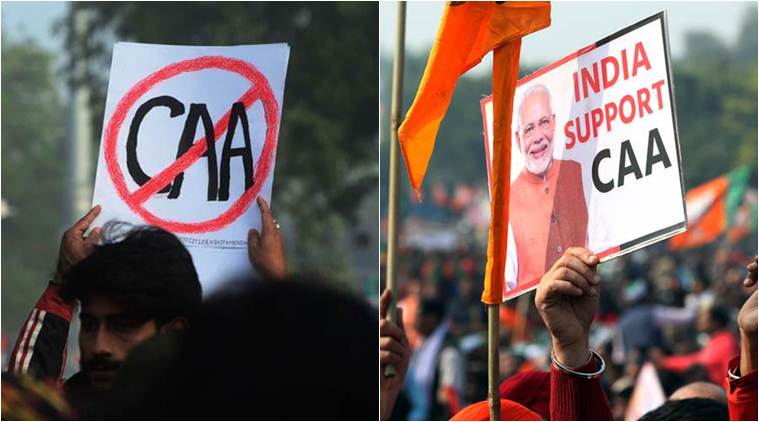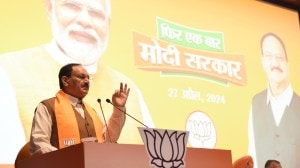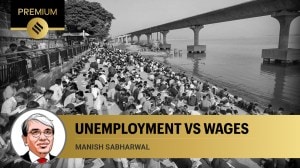- India
- International
Supreme Court to hear petitions challenging Citizenship Act today
Last year, on December 18, shortly after the violence in Delhi's Jamia Milia University over the contentious law, the top court decided to hear petitions challenging the Act and issued notices.
 The contentious legislation has seen several anti-CAA protests and agitations supporting the law across the country. (File)
The contentious legislation has seen several anti-CAA protests and agitations supporting the law across the country. (File)
The Supreme Court on Wednesday will hear a clutch of 143 petitions on the controversial Citizenship (Amendment) Act, including a plea filed by the Kerala government seeking to declare the legislation “unconstitutional”.
A bench of Chief Justice of India SA Bobde and Justice S Abdul Nazeer and Justice Sanjiv Khanna would also hear the Centre’s plea seeking transfer of petitions pending before various high courts to the apex court in connection with the issue.
Last year, on December 18, shortly after the violence in Delhi’s Jamia Milia University over the contentious law, the top court decided to hear petitions challenging the Act and issued notices to the Centre. However, the court refused to stay the operation of the Act as sought by the petitions and set January 22 as the hearing date.
Petitioners include Congress leader Jairam Ramesh, the Indian Union Muslim League and its MPs, Lok Sabha MP and AIMIM president Asaduddin Owaisi, TMC MP Mahua Moitra, All Assam Students’ Union and Tripura royal scion Pradyot Kishore Deb Barman.
In his plea, Ramesh has contended that the Act was a “brazen attack on the core fundamental rights envisaged under the Constitution” and “ex-facie violates the fundamental guarantees under Article 14 as also Article 21 of the Constitution”.

IUML said in its plea that CAA violates the fundamental Right to Equality and intends to grant citizenship to a section of illegal immigrants by making an exclusion on the basis of religion.
Last week, Kerala became the first state to move the apex court challenging the CAA under Article 131 of the Constitution. The Pinarayi Vijayan-led government has sought the law be declared unconstitutional and stated that it was in violation of Article 14 (Equality before law), 21 (Protection of life and personal liberty) and 25 (Freedom of conscience and free profession, practice, and propagation of religion) of the Constitution.
However, the state government’s move did not sit well with Governor Arif Mohammed Khan, who called the development “unlawful”.
Notified on January 10 by the Union Home Ministry, the Citizenship Act has drawn immense flak from citizens and opposition parties ever since it was passed by the Rajya Sabha on December 12.
CAA grants citizenship to non-Muslim migrants belonging to Hindu, Sikh, Buddhist, Christian, Jain and Parsi communities who came to the country from Pakistan, Bangladesh, and Afghanistan on or before December 31, 2014.
Shortly after the Citizenship Bill was passed, protests broke out in various parts of the country, with Assam, Uttar Pradesh and Delhi witnessing violence and arson. So far, 26 people have died in violence across the country, with Uttar Pradesh being the worst affected with 19 deaths.
May 08: Latest News
- 01
- 02
- 03
- 04
- 05





























